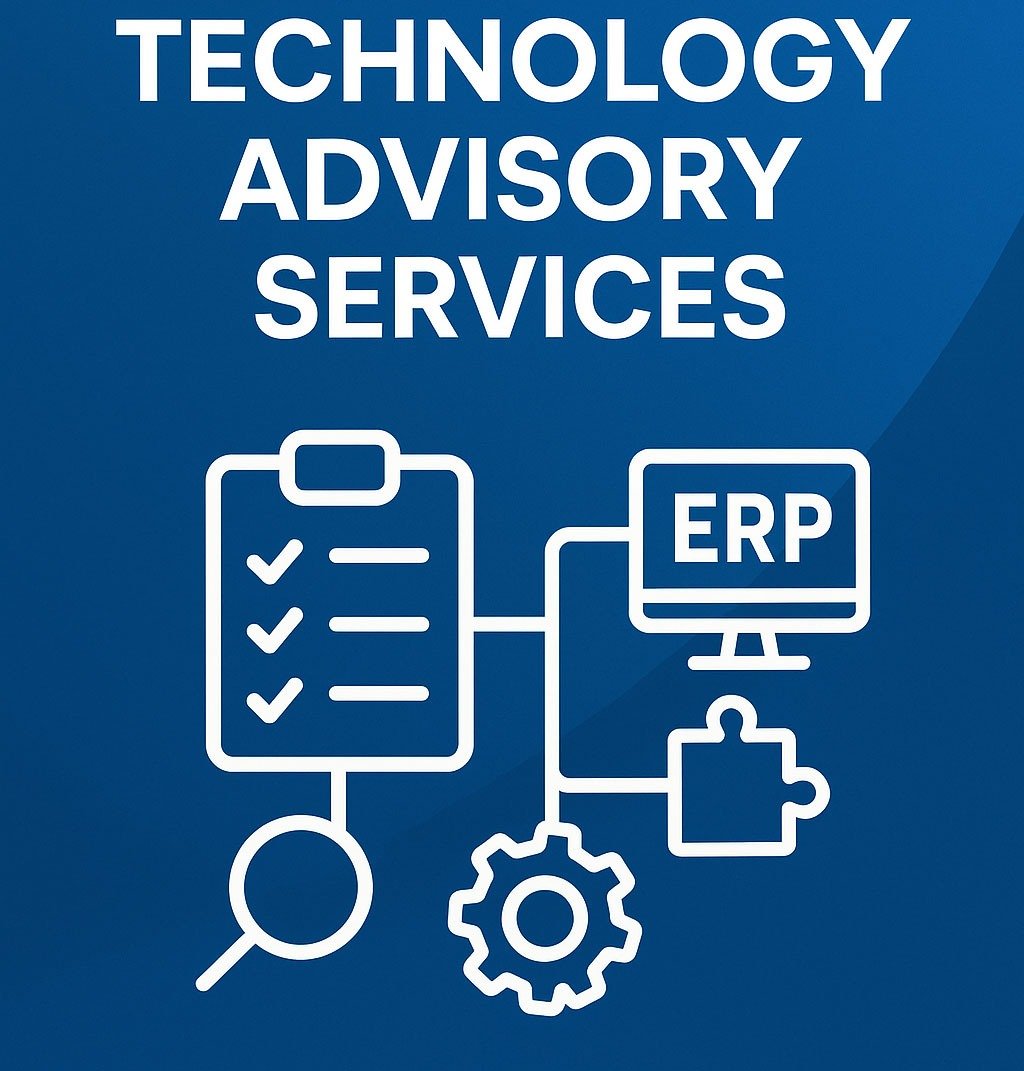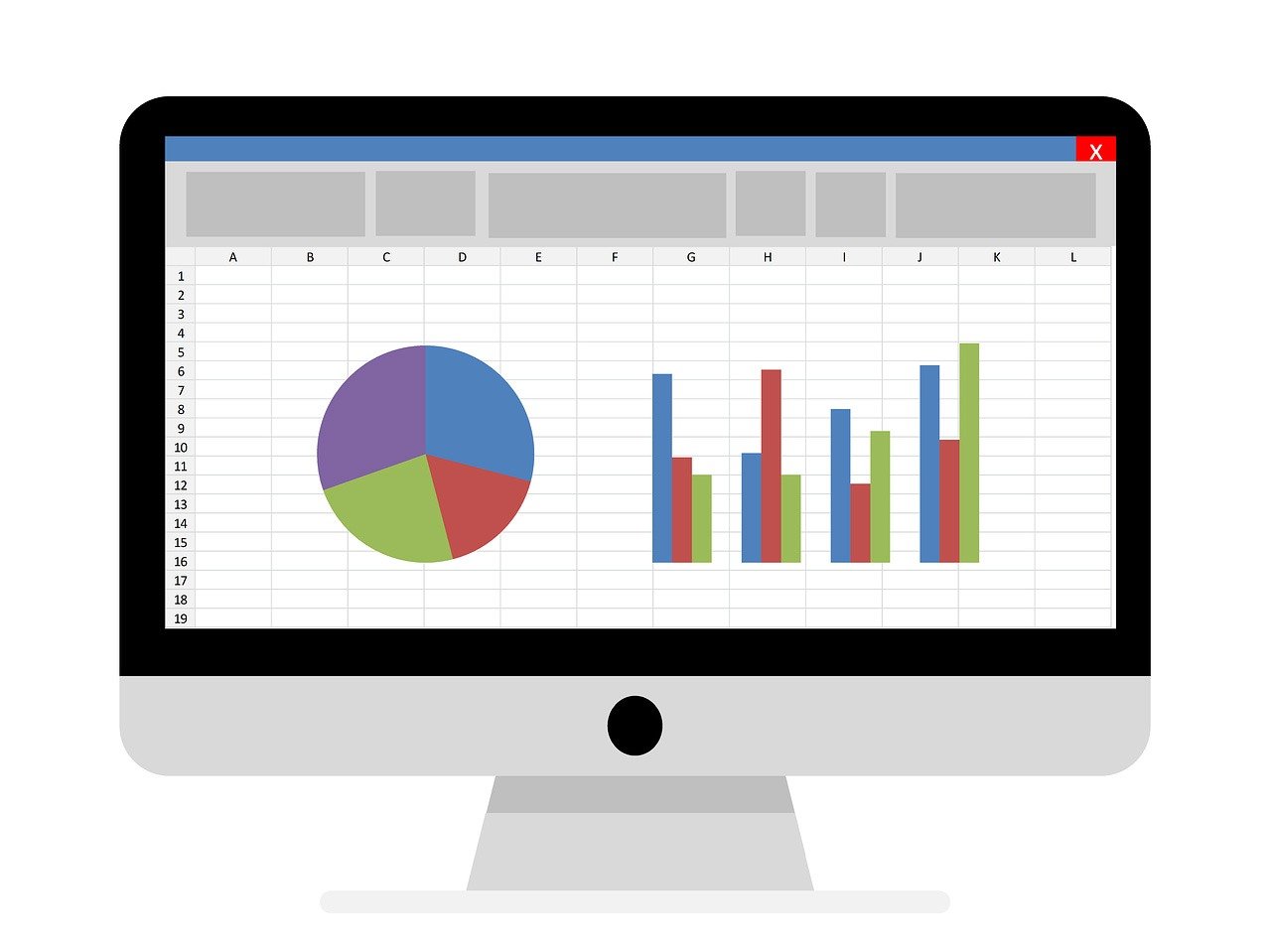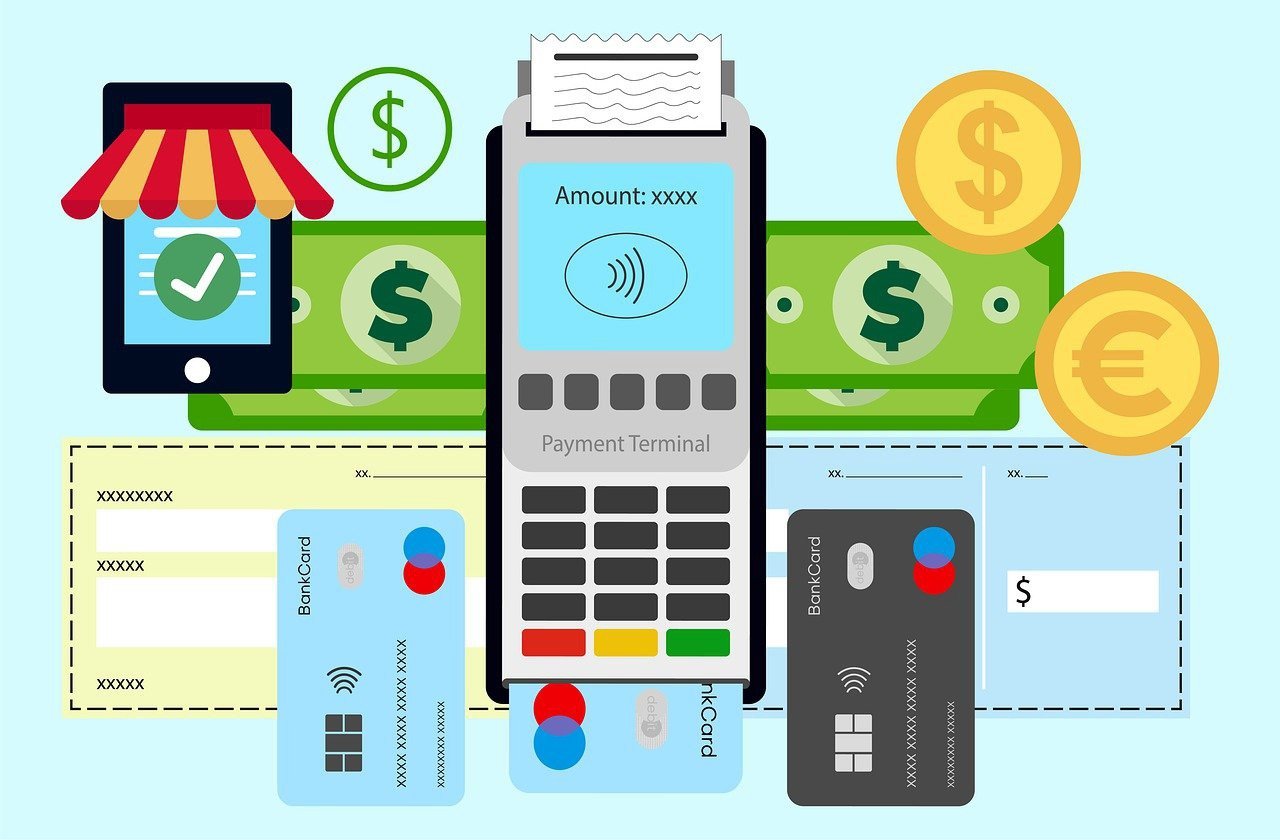
NetSuite Pricing Calculator and ERP Guide 2025 — Your NetSuite Cost
NetSuite pricing and NetSuite cost are similar, but they are not one-size-fits-all. While both terms refer to what you can expect to pay for NetSuite ERP, it’s essential to understand that this isn’t a flat fee or standard software subscription. Unlike off-the-shelf solutions, NetSuite’s cost structure is highly customizable, shaped by factors such as your company’s size, number of users, selected modules, industry-specific requirements, and global complexity, including multi-subsidiary operations, currencies, and compliance needs.
Whether you’re researching pricing details to estimate your budget or evaluating the total cost of NetSuite over time, the key is to align your NetSuite ERP investment with your current operations and future growth plans. You can utilize our NetSuite Pricing Calculator to determine your TCO (Total Cost of Ownership) for NetSuite.
NetSuite Pricing: What does NetSuite cost?
NetSuite is the world’s #1 cloud-based Enterprise Resource Planning (ERP) solution, trusted by more than 36,000 organizations globally to manage their financials, operations, CRM, inventory, and e-commerce—all within a unified platform. Its powerful, scalable architecture makes it ideal for fast-growing companies and mid-market enterprises that need real-time visibility and automation across departments.
This is why NetSuite ERP requires expert guidance; PartnerAwesome can help deliver what you need in your ERP.
Table of Contents
-
NetSuite Pricing FAQ

NetSuite Pricing Calculator
NetSuite Editions Overview
NetSuite offers various ERP editions designed to meet the unique needs of businesses at different growth stages and across industries. These editions share a common cloud-based foundation but differ in scalability, configuration, and supported functionality.
Whether you’re a startup seeking basic financials or a multinational enterprise managing global operations, there’s a NetSuite edition that aligns with your requirements and future goals. Each business starts by choosing the right edition. Here’s a breakdown:
Starter Edition
It is a cost-effective way for businesses to transition from entry-level accounting software like QuickBooks to a more robust, cloud-based ERP system built for scalability. Companies can easily upgrade to more advanced editions without re-implementing the system as they grow.
-
For companies that have fewer than 30 employees
-
Basic financial management, order processing, and inventory control
-
Ideal for new ERP adopters, small businesses, and startups
-
Core financials, basic inventory management, order management, ERP, and CRM
-
Core offerings for small to medium-sized companies with up to 100 employees
-
Single legal entity
-
Robust accounting support
-
Includes CRM and basic supply chain tools
-
Streamlined lead-to-cash processes
-
Designed for mid-sized organizations with more than 10 users and/or multiple legal entities, as well as for those needing multi-currency financial reporting
-
Comprehensive ERP and CRM solutions
-
Facilitates intercompany accounting and enables the consolidation of financial reports across various legal entities
-
Crucial for businesses with international subsidiaries
-
More suitable for rapidly growing companies that need advanced features and scalability
-
Large organizations that employ over 1,000 people and feature complex business structures, such as multi-location, multi-business unit, and multinational operations
-
Offers advanced features for managing global business operations, including OneWorld for overseeing multiple subsidiaries and Multi-Book Accounting
-
Provides enhanced customization and integration features
-
Designed for scalability in large, complex organizations with significant operational demands
-
Designed for global organizations with multinational subsidiaries
-
Crucial for businesses operating internationally
-
Supports multiple currencies, languages, and intercompany accounting
-
Ideal for companies needing global compliance and tax management
-
For businesses of all sizes seeking rapid implementation
-
Industry-specific configurations, preconfigured roles, KPIs, workflows, and best practices
-
NetSuite for Manufacturing
-
NetSuite for Wholesale Distribution
-
NetSuite for Software and SaaS
-
NetSuite for Retail and E-commerce
-
These consist of customized modules and KPIs grounded in industry best practices
-
A fully functional system within 100 days is ideal for minimizing implementation risks and accelerating time to value
Designed for companies with a single legal entity and 10 or fewer users, appropriatefor simple operations
Standard
NetSuite Standard Edition is designed for small to mid-sized businesses that have outgrown basic accounting systems and require more advanced capabilities to support their growth.
Mid-Market Edition
Enterprise Edition
OneWorld
SuiteSuccess Industry Editions (Pre-Bundled)
NetSuite also provides Industry-Specific Editions tailored to verticals such as manufacturing, wholesale distribution, professional services, software/SaaS, nonprofit, and ecommerce. These editions come bundled with pre-configured modules, workflows, and dashboards tailored to industry best practices, accelerating time to value.

Request your personalized quote now to learn about your organization’s details, including modules, users, and implementation.
NetSuite Modules: Core, Add-Ons, and Advanced Features
NetSuite’s modular design lets businesses tailor their ERP system to fit current operations while allowing for future growth. Every implementation begins with essential modules like Financial Management, CRM, and Inventory Management, covering core functions such as accounting, customer tracking, sales, and order management processing.
These integrated tools provide real-time visibility and streamline workflows across departments. As your needs expand, you can activate Add-On and Advanced Modules to unlock additional capabilities.
Core Modules
NetSuite’s core strength lies in its modular architecture. Every implementation begins with a set of essential ERP modules that form the foundation of your system. These standard modules typically include:
-
Financial Management (general ledger, accounts payable/receivable, fixed assets)
-
Customer Relationship Management (CRM)
-
Order and Inventory Management.
Add-On Modules
As your business grows and evolves, NetSuite enables you to expand functionality by activating add-on modules. These prebuilt extensions integrate with the core platform, providing additional capabilities.
Advanced Modules
NetSuite’s Advanced Modules are designed for companies that require specialized workflows, regulatory compliance, or robust automation. These modules typically support mid-market to enterprise-level organizations.
Here are the most popular modules by category.
Core Financials
Core financial modules offer essential accounting functionality.
-
General Ledger: Monitors financial transactions
-
Accounts Payable/Receivable: Handles customer invoices and payments, along with vendor invoices and payments
-
Fixed Assets: Manages property, plant, and equipment (PP&E), including depreciation and amortization, while providing detailed reporting
-
Cash Management: This service provides a comprehensive suite of tools and features to assist businesses in effectively managing their cash flow, including banking integration, automated reconciliation, and enhanced cash flow visibility
-
Payment Methods: It supports credit cards, ACH, EFT, and other payment options
-
Bank Management and Reconciliations: Manages and reconciles bank accounts with financial data
-
Multi-currency and multi-language: Supports multiple currencies and languages for global operations
-
Time and Expense Management: Tracks employee time and expenses
-
Customers, Vendors, Leads, Prospects, and Opportunities
-
Opportunity Management/Sales Force Automation: This module assists sales teams in managing leads, opportunities, and the sales pipeline, ensuring a comprehensive understanding of the sales process from start to finish.
-
Contract Renewals: This module automates the management of contract renewals, ensuring that sales teams are aware of upcoming renewal dates and can proactively engage with customers.
-
Customer Service Management/Case Management: NetSuite CRM offers features for managing customer service cases, tracking issues, and delivering customer support.
-
Partner Relationship Management: This module assists in managing relationships with partners by tracking partner performance, facilitating communication, and automating tasks associated with partner sales.
-
Marketing Automation: NetSuite provides features enabling businesses to automate marketing tasks, monitor campaign performance, and tailor marketing communications.
-
Inventory Management: Key functionalities for effective inventory tracking and management.
-
Order Management: Manages orders from placement to shipment.
-
Procurement: This module manages vendors, purchasing, and real-time data, helping save money and time.
-
Quality Management: This module ensures quality assessment and provides customized testing parameters.
-
Work in Process (WIP) and Routings: This module assists in managing work in process, processing times, and resource utilization.
-
Work Orders and Assemblies: This module offers a thorough overview of the production process, especially for companies managing multiple components.
Purchasing: Manages purchase orders and procurement
CRM & Sales
These modules are designed to streamline sales processes, manage customer relationships, and automate tasks. They serve as the foundation for:
Enabling you to track everything in your ERP system of record for all customer types—a sales rep’s dream.
Inventory & Supply Chain Management
These modules work together to optimize inventory levels, manage purchasing, track work in process, and ensure quality control throughout the supply chain.

Understanding pricing can be complex, but it doesn’t have to be. Our experts will help you break down costs, compare editions, and identify the right modules for your business.
💡 Get expert guidance and a tailored pricing estimate today. >>>

Choosing the right Enterprise Resource Planning ERP system or third-party solution can be overwhelming. Our Technology Advisory Services help you evaluate, compare, and select the best-fit software for your business goals—without costly missteps.
Schedule your free advisory session and get clarity on your next tech move. >>>

Request your personalized quote now to discover the cost of NetSuite ERP for your organization, including modules, users, and implementation.
Advanced Modules
Advanced modules provide specialized functionalities beyond the core ERP suite. They can be added to most base Editions at any time. Using our Calculator, we can help you find the right solution to scale your company.
-
SuiteBilling: Streamlines and automates billing processes, improves cash flow, and enhances customer retention.
-
Warehouse Management System (WMS): This system offers advanced capabilities for optimizing inventory flow, tracking, and storage in warehouses.
-
Advanced Inventory Management: Offers sophisticated features like demand-based replenishment, multi-location management, and lot and bin tracking.
-
Advanced Order Management: Automates the processes of order promising, allocation, and execution.
-
Grid Order Management: Streamlines order entry for multi-attribute SKUs.
-
Advanced Manufacturing: Offers features tailored for manufacturing businesses, including work orders, assemblies, WIP, and routings.
-
Advanced Financials: Expands upon core financial capabilities with features such as budgeting, expense allocations, amortization, and statistical accounts.
-
Multi-Book Accounting: Enable businesses to maintain multiple accounting books for various purposes, including regulatory requirements and internal reporting.
-
Planning and Budgeting: Offers predictive analysis, reporting, and planning tools for precise financial overviews and forecasting.
-
Revenue Management: Assists businesses in managing and adhering to revenue recognition standards, including compliance with accounting standards and auditing.
-
Professional Services Automation: Helps businesses manage their professional services projects, resources, and billing more effectively.
-
Project Management: Manages tasks, resources, timelines, and milestones across teams, improving visibility and collaboration.
-
Demand Planning: Assists businesses in accurately forecasting demand and effectively managing inventory levels.
-
SuitePeople Human Resource Management System (HRMS): SuitePeople integrates HR and payroll data with financial, project planning, budgeting, and procurement processes, eliminating the need for multiple systems.
-
OneWorld: enables global business management with support for multinational companies using multiple currencies and languages.
Modules and Feature Sets
NetSuite’s modular architecture is one of its greatest strengths and a significant pricing factor. While every account includes core modules like financials and CRM, additional costs arise when integrating industry-specific or advanced features. Modules for inventory management, project accounting, ecommerce, billing, and more can be added according to your operational needs.
The more functionality your business requires, the more your monthly subscription will reflect those capabilities. At PartnerAwesome, we help you identify the essential modules that drive ROI without overpaying for tools you don’t need.
Support, Service Tier, and Customization
In addition to editions and modules, the cost of NetSuite is also influenced by the level of support you select, the service tier your business requires, and the extent of system customization. Oracle offers various support plans—from basic access to 24/7 premium support—each with its distinct pricing tier. Similarly, your chosen service tier affects system performance, data storage, and transaction volume limits, which in turn influence both pricing and user experience.
Customization adds another layer, depending on how extensively you adapt workflows, dashboards, or scripts to fit your unique business processes. At PartnerAwesome, we work with you to balance functionality, performance, and cost, ensuring your ERP investment meets your operational needs and your budget.
What Influences NetSuite Pricing
Several interlocking components determine the cost of NetSuite.
-
Core License: Your base edition (e.g., Standard, OneWorld)
-
Number of Users and Types: Full Users vs. Limited Access Roles
-
Advanced Modules: Adds functionality such as inventory management, billing, or payroll
-
Service Tier: Defines data capacity and system performance
-
Implementation Cost: Ranges based on complexity and number of integrations
-
Customization: Plays a significant role in determining the total cost of NetSuite.
-
Support Plan: Basic, Premium, or Advanced Customer Support
-
Financing Options: Oracle Financing Direct (OFD) offers flexible terms, but you can choose your own financing company
I know you’re wondering. Here’s a brief overview of how pricing is determined, with more details provided below.
Edition and User Count
Choosing the right NetSuite edition and determining how many users will access the system are two major factors influencing your overall pricing. NetSuite offers multiple editions designed for specific business sizes and operational complexities—from startups to global enterprises.
The cost also scales based on the number and type of users you license, with full-access users being priced higher than those in limited or employee-centered roles. I would like you to know how your team will use NetSuite, so that you only pay for the access and functionality you need. PartnerAwesome helps you navigate this decision to optimize your costs and system efficiency.
User Types and Licensing
NetSuite Implementation and Customization Costs
Implementing NetSuite is a critical investment that requires strategic planning, expert guidance, and tailored execution. Implementation costs typically range from $25,000 to over $100,000, depending on the size and complexity of your business. Smaller companies with standard processes and minimal data can often launch with lower-cost, rapid-deployment packages.
Companies with multiple entities, legacy data, or advanced workflows require more extensive configuration, which increases the timeline and budget. At PartnerAwesome, we offer scalable implementation services that include data migration, system configuration, user training, and Go-live support to ensure a successful deployment from day one.
Customization with SuiteScript and SuiteFlow
Costs can vary significantly based on the required level of tailoring for your specific business processes. NetSuite allows for extensive customization through tools like:
-
SuiteScript
-
SuiteFlow
-
SuiteCommerce
-
enabling automation
-
unique workflows
-
Industry-specific features.
Common Customization Includes:
-
Custom reports
-
Approval workflows
-
Role-based dashboards
-
Third-party integrations.
While these enhancements increase the total investment, they are often essential for maximizing efficiency and ROI.
PartnerAwesome works closely with clients to scope, build, and implement custom features that align directly with operational goals, avoiding unnecessary complexity and cost overruns. Many companies miss the mark in NetSuite implementation. PartnerAwesome guarantees a tailored, value-driven deployment.
Implementation Factors:
-
Business Process Mapping
-
Data Migration
-
Module Configuration
-
Custom Workflows/Scripts
-
Employee Training
-
Go-Live Support
Typical Implementation Budget Ranges
Implementation Size Budget RangeStarter $10,000–$25.000
Mid-Market $30,000–$85,000Global/Complex $100,000+
PartnerAwesome includes ongoing post-go-live support and optimization. It is essential to hold a working session where we can explore ways you can self-implement with your internal resources, if available. There are many ways to invest in NetSuite on a small budget and scale your business as you can afford. A robust ERP is a step in the right direction for your company and its employees.

Licensing is just the start—true ROI comes from a tailored implementation. Whether you need basic setup or advanced customizations, we’ll help you map the exact costs, timelines, and resources required for success.
Schedule a free consultation to estimate your NetSuite cost for implementation and customization. >>>
Oracle Financing (OFD) and Payment Flexibility
One of the most significant barriers to ERP adoption is the upfront cost, especially for companies transitioning from entry-level systems like QuickBooks or fragmented point solutions. That’s why Oracle Financing Direct (OFD) is key in making NetSuite pricing is more manageable and accessible for growing businesses.
Offered directly through Oracle, OFD allows companies to finance NetSuite software licenses and implementation services, training, and support—all bundled into a single, predictable monthly payment.
With Oracle Financing Direct (OFD)
Businesses can select flexible payment terms ranging from 12 to 60 months, often with low or deferred initial payments. This enables organizations to align ERP investment with their budgeting cycles and cash flow, rather than committing to a substantial capital expense upfront.
OFD can also finance:
Renewal contracts
New module purchases
System expansions
I want you to know that your payment structure stays predictable and scalable as your business grows. This flexibility can be a game-changer for companies pursuing aggressive growth or dealing with seasonality.
Financing Strategies
In addition to OFD, PartnerAwesome can help you explore other financing strategies. Some businesses finance NetSuite through third-party leasing providers or small business lenders specializing in software-as-a-service (SaaS) solutions.
Internal Financing or Phased Implementations
Others may opt for internal financing or phased implementations, where core modules are deployed first and additional functionality is rolled out over time to spread costs. We’ll work closely with your leadership and finance teams to determine the most cost-effective, cash-flow-conscious strategy—whether it’s full Oracle financing, a blended funding approach, or strategic staging of your implementation.
PartnerAwesome doesn’t just sell software—we help you build an innovative financial roadmap for your ERP investment.
OFD Benefits:
-
Pay over 12–60 months
-
Option to bundle software, services, and support
-
Flexible terms for CAPEX or OPEX alignment
-
Deferred payments are available for startups or seasonal revenue models
We’ll help you qualify and apply for the best financing plan through OFD.

Don’t let budget constraints delay your ERP transformation. We’ll help you explore Oracle Financing (OFD) and third-party options to spread costs over time, covering software, implementation, and support.
Talk to us today about flexible payment plans that fit your business. >>>
What industries does PartnerAwesome and NetSuite serve?
NetSuite has purpose-built solutions for:
-
Wholesale Distribution
-
Manufacturing
-
Retail & eCommerce
-
Software & Technology
-
Professional Services
-
Financial Services
-
Nonprofit Organizations
-
Healthcare & Life Sciences
-
Education
-
Advertising, Media & Publishing
-
Logistics & Transportation
-
Hospitality
-
Construction & Real Estate
-
Energy, Utilities & Environment
-
Agriculture & Agribusiness
-
Automotive
And More!
Why PartnerAwesome?
At PartnerAwesome, we aren’t just another ERP vendor. We are NetSuite solution experts who help you make confident, cost-effective decisions about your ERP investment.
What Sets Us Apart:
-
✅ Unbiased NetSuite consulting
-
✅ Detailed pricing breakdowns
-
✅ Tailored implementation plans
-
✅ Access to Oracle Financing (OFD)
-
✅ Partner programs for ISVs and integrators
-
✅ Ongoing support and training after go-live
We don’t sell one-size-fits-all ERP. We sell the right-fit NetSuite solution for your business.
NetSuite Pricing FAQ
How much does NetSuite cost per month?
Base pricing for the Core platform typically costs $999/month MSRP. We will advocate for you when it comes to negotiating the best price. Additional user licenses and modules increase the subscription total. Use our Calculator and get your detailed estimate for free.
Is NetSuite billed annually?
Yes. NetSuite is licensed on an annual subscription model, though OFD lets you spread payments monthly.
What’s the average total cost for a growing mid-size company?
Typical ranges for year one (license + implementation) are $35,000- $150,000, depending on complexity and modules.
Can I upgrade the edition later?
Yes. It’s fully scalable—start with Standard and upgrade to OneWorld as needed.
Are discounts available for long-term contracts?
Contact us for a detailed overview of contract terms. Use our Pricing Calculator to get started
Let’s Talk – Schedule Your Free Consultation
Are you ready to understand what NetSuite will cost your company and what value it can deliver? Get a Custom Quote and use our Pricing Calculator Today. PartnerAwesome is your Technology Advisory Partner—start your ERP journey with clarity and confidence.
